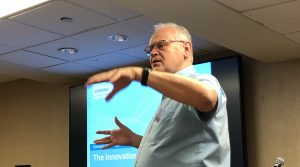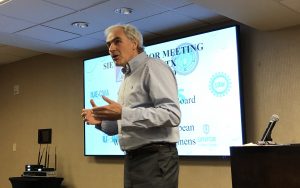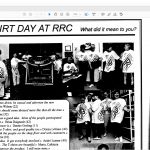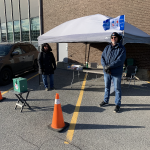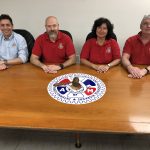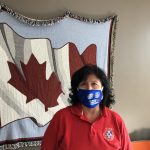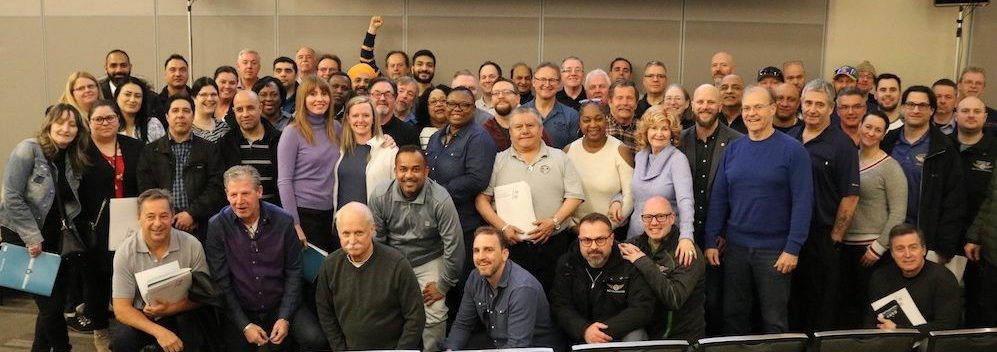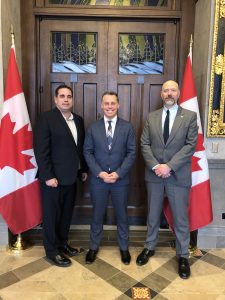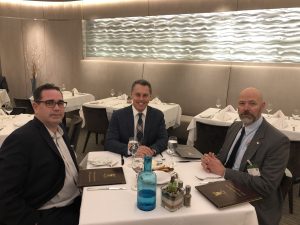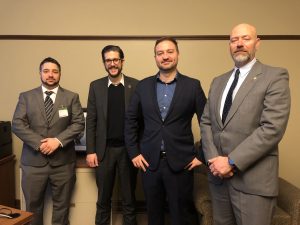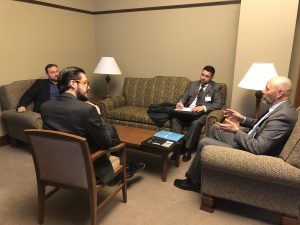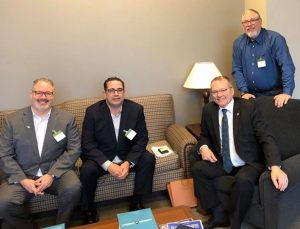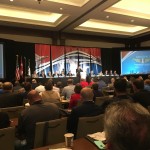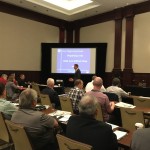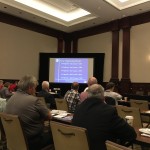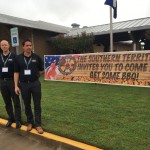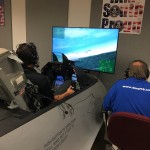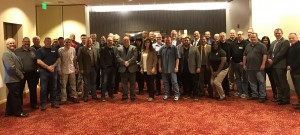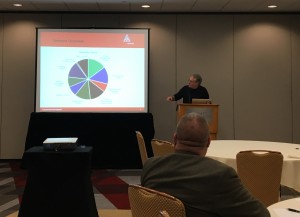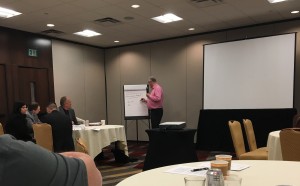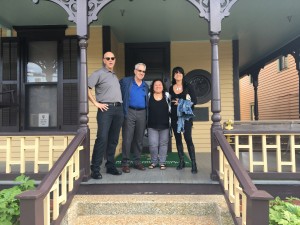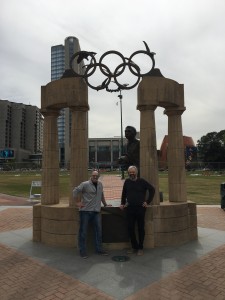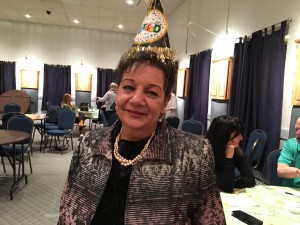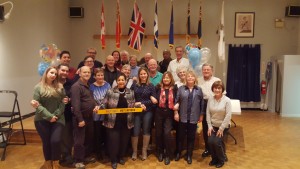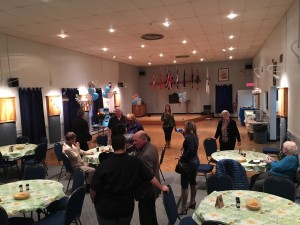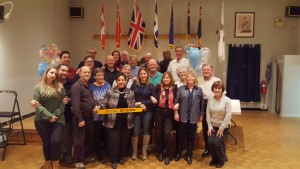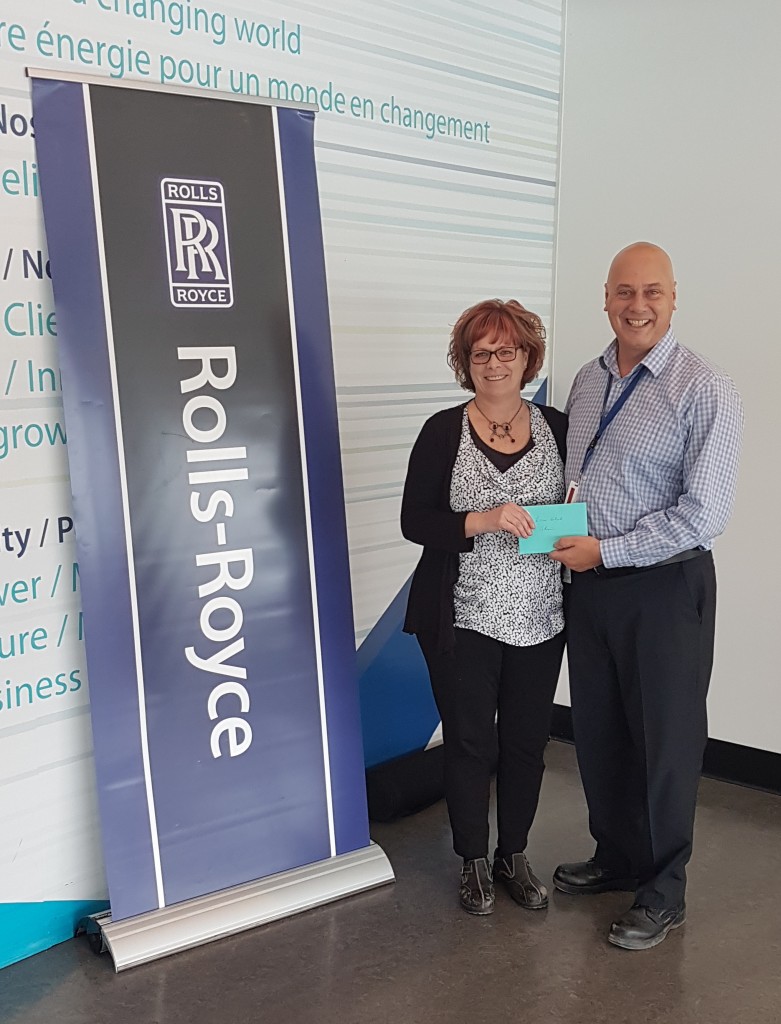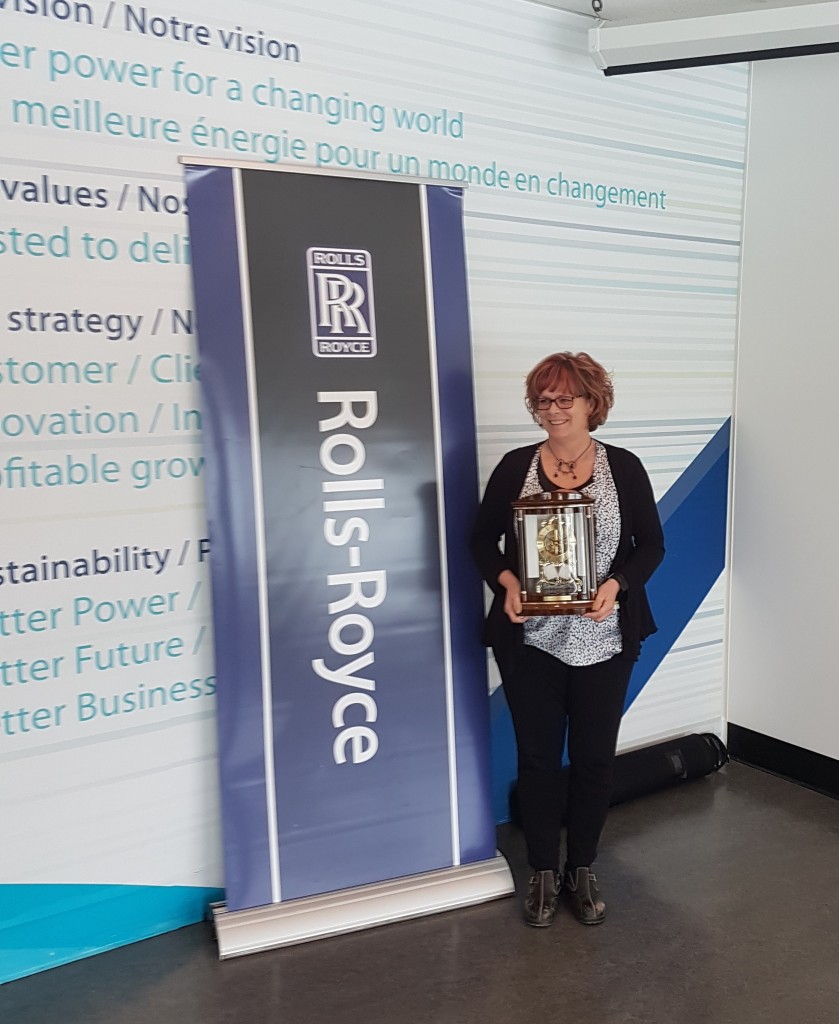
Union and company representatives from Canada, the US and Germany gathered in May for the annual Siemens Labour Meeting, held this year in San Antonio, TX.
One of the most concerning topics discussed was union density within Siemens in North America; Union representation has continued to drop in the US, as Siemens moves work to non-unionized, right-to-work locations such as Charlotte in North Carolina. Unfortunately, it appears that at least one of three GP (or PG) locations in the US will no longer be represented by the IAMAW as the plant in Wellsville, NY, is slated to close by 2020. The future remains uncertain for the other two factories, located in Painted Post and Olean, both also in NY.
Although the International Framework Agreement (https://www.planetlabor.com/en/industrial-relations-en/siemens-new-international-framework-agreement/), put together by Siemens AG and IG Metall (the largest union in Europe, representing most unionized Siemens employees), which was written in order to ensure that unionization will not be hindered in any way at any Siemens plant in the world, was agreed to by Siemens in the US via a memorandum of understanding (https://digitalcommons.wcl.american.edu/cgi/viewcontent.cgi?article=1061&context=lelb), Union representation remains largely unchanged: around 6% for the approximately 50 000 Siemens employees in the US and not much better in Canada at approximately 10% (as compared to approximately 30% Union density in all of Canada) of the approximately 5 000 Siemens Canada employees.
It’s very sad that since the existence of Unions, many companies and governments have sought to control, weaken or eliminate labour groups. These historical articles are very revealing:
https://spartacus-educational.com/GERMANtradeU.htm
https://www.teachers.org.uk/files/trade-unionists-leaflet.pdf
https://www.thecanadianencyclopedia.ca/en/article/winnipeg-general-strike
Unfortunately, even current governments take their turn at trying to control unionism; whether that be the “right-to-work” legislation in the US, or similar bills (C-377 and C-525) in Canada that were passed by the previous Conservative government and subsequently repealed. The purpose of these laws is to undermine Unions.
http://lawofwork.ca/?p=7011
http://lawofwork.ca/?p=7155
http://lawofwork.ca/?p=5739
The latest trend by corporations indicates a more subtle and publicly “acceptable” modus operandi, one that can be justified using many different, “politically correct” reasons. Outsourcing, subcontracting and relocating are the most common methods used. In this manner, companies may justify moving work elsewhere on the pretense that they need to save money, but the exact reason WHY money needs to be saved is not revealed though is well known to many: to ensure that the CEOs, CFOs and other top-level executives of various companies continue to increase their already disproportionate salaries and shareholders receive increasingly higher returns on their investments, whilst the employees of these companies continue to see flat-lining salaries, cuts to pension plans and benefits. Of course, the worst cases involve job losses.
https://www.cbc.ca/news/business/ceo-income-pay-canadian-worker-1.4462496
https://www.cnbc.com/2018/01/22/heres-how-much-ceo-pay-has-increased-compared-to-yours-over-the-years.html
The answer to these “modern” anti-union tactics is not clear nor is it simple. For example, industries that “cannot” move (e.g. healthcare, airports, education, public security) are more easily organized for that reason. Industries that can be moved, e.g. manufacturing, R&D, IT, etc. are therefore more vulnerable to relocation. However, it was obvious to all present that organization of non-organized Siemens plants is the key to ensuring the fairest possible working conditions, benefits and pay for all Siemens employees.
It was apparent that most, if not all, Siemens work sites currently share two things in common: payroll issues and HR issues. The fact that this is common amongst many Siemens sites is very disconcerting and seems to indicate a recurring problem throughout Siemens. Even the zero-harm culture seems to not be reflected, as in one plant in the US there were already six H&S incidents in 2019, one involving a punctured eye.
There was much discussion regarding the recent announcement of the “spin-off” or “carve out” of the PG segment of Siemens, which would be merged with Siemens Gamesa in order to form a new company that has yet to be named (https://www.bloomberg.com/news/articles/2019-05-07/siemens-plans-gas-and-power-unit-listing-in-2020-after-carve-out). This was voted on by the Siemens Supervisory Board (https://new.siemens.com/global/en/company/about/supervisoryboard.html), and the vote was virtually a tie; this indicates that half or almost half of those on the Board did not agree with this decision. Half of the members on the Board are employee representatives. The new company, subject to approval, will be offered on the stock market at approximately midyear of 2020. Siemens AG would be a minority shareholder.
It’s always great to see my brothers and sisters from IG Metall, IAMAW, IBEW, USW, IUE/CWA and others who also work for Siemens. This meeting is an excellent way to share information and find solutions for the issues that we face. However, the road ahead of us is fraught with challenges and obstacles. We must continue to work together to protect what we’ve fought so hard to obtain, and ensure that our children will benefit from our labour.
